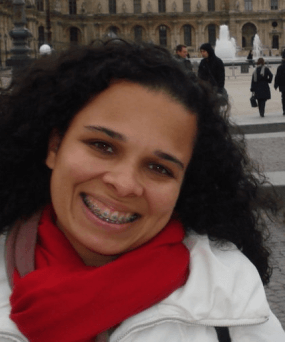- Homepage
- Programme
- Registration
- Practical Guide
- About Neuronus

Sheffield Institute For Translational Neuroscience, UK

Glial cells represent an important population of cells in the nervous system, yet their multiple functions remain to be fully understood. Whereas neurons generate and propagates electrical and chemical signals, glial cells assume full responsibility for modulate neuronal function and signalling and to keep the homeostasis and defence of the central nervous system (CNS). In the past, glial cells have been considered merely passive contributors to brain function. However, this view changed in the past few years and glial cells have been changing their role from support cells to protagonists. Astrocytes play a critical role in the homeostasis and function of the CNS. Astrocytes do not just provide trophic, metabolic, and structural support for neurons, but also play an active role in complex neuronal‐glial communication, regulation of synapse formation, function and plasticity and regulation of blood flow. Although abnormal glial function has been described as an early pathological feature commonly observed in several neurodegenerative diseases. The role of glial cells in the pathogenesis of neurodegenerative diseases and in neurological conditions have been underestimated and these cells were considered as mere secondary responders in the pathological process. However, over the past decades, with the emergence of new technologies and model systems (cell cultures such as iPS cells and genetics), considerable progress was achieved towards our understanding of glial function, revealing a central role for these cells in the brain development, aging and progression of neural pathologies, including neurodevelopmental disorders, neurodegeneration, and demyelinating pathologies. Amyotrophic lateral sclerosis (ALS) is a neurodegenerative disease characterised by progressive loss of motor neurons (MNs). Although ALS is primarily an MN disease, astrocytes have an important role in its pathogenesis. A number of studies have shown that this non-cell-autonomous mechanism involves soluble factors secreted by astrocytes as the exposure to conditioned medium (CM) from ALS astrocytes is sufficient to trigger MN death. The mechanism behind astrocyte toxicity, however, remains unclear. Recent cutting-edge research has shown that endogenous DNA damage plays a key role in MN death in ALS. The aim of our study is to characterise levels, types and timing of astrocyte-induced DNA damage in MNs and identify mechanisms through which astrocytes induce DNA damage, and MNs respond to this insult. We used healthy control and ALS patient-derived astrocytes generated through a method of direct reprogramming. CM was isolated from the astrocytes and used to treat healthy human iPSC-derived motor neurons.